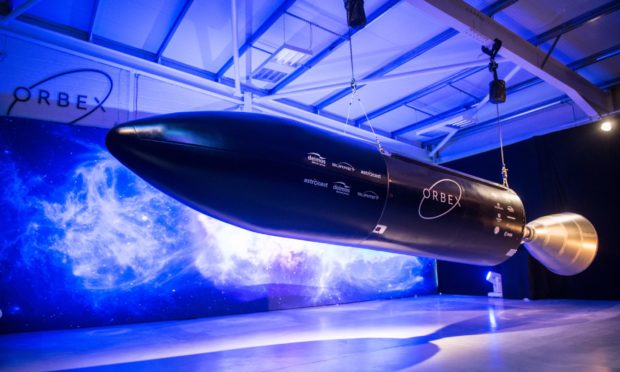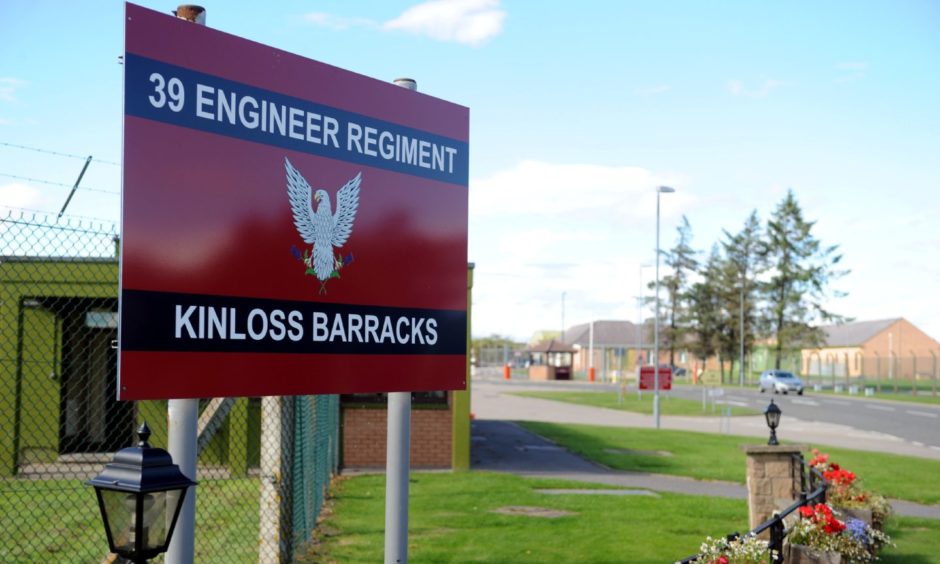Space firm Orbex is considering expanding the number of tests it carries out at a Moray military base.
The Forres-based company, which manufactures rockets, already has permission for testing fuel and pressure vessels at nearby Kinloss Barracks.
Now the firm has submitted plans to Moray Council to expand its operations at the Army base to include wet dress rehearsals, which involve fuel being loaded into the vehicle but not the rockets being ignited, and hot fire tests, which involve firing stationary rockets for different durations.
Noise impact of rocket tests expected to be ‘minor’
Documents prepared by Orbex explain the noise impact is expected to be “minor” when compared to existing RAF operations in the area with a maximum of six test campaigns expected during the next two years.
However, the space firm has proposed a public information campaign for local residents to inform them about possible testing dates.
Documents submitted to Moray Council explain rockets will be fired during the tests for durations between six seconds and seven minutes.
Orbex identified the Kinloss Barracks military base for tests, in addition to a facility in Denmark, due to its proximity to its manufacturing plant in Forres.
The firm is developing rockets using the largest 3D printer in Europe to take small satellites into low Earth orbit with the first launch expected to take place from Sutherland late this year.
Much of the Kinloss military base is now disused since it passed from RAF to Army operations in 2012 with the test facility earmarked for a former aircraft stand.
Orbex has stressed testing is only planned to take place during daylight hours with evenings and weekends due to be avoided.
A noise impact assessment adds: “When compared against the existing short-term noise currently produced by RAF operations, the worst-case hot fire testing is predicted to only have a minimal impact over a 15-minute period at one noise sensitive receptor.
“It should also be noted that this worst-case hot fire test is only 160-440 seconds in duration and only five to six campaigns are expected over the next 24 months – i.e. relatively short duration and infrequent.
“At the other noise sensitive receptors the predicted noise levels are well within the noise range of the RAF operations and therefore pose no impact on the current noise climate.”

